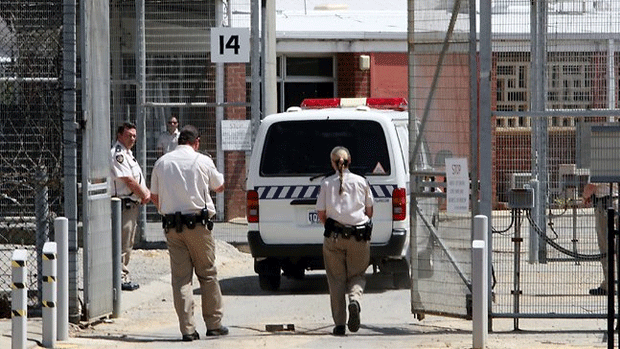Overcrowding and neglect in WA women’s prison

Overcrowding at Bandyup Prison, Western Australia’s biggest women’s prison, has reached crisis point.
There are 323 women crammed into a facility designed for 220. Some are forced to sleep on mattresses on cell floors in the ageing, largely un-airconditioned complex.
One of the prisoners, in a letter to the WA Deaths in Custody Watch Committee on 17 February, said: “Some female prisoners cannot safely be doubled up with others because of their history of sexual predation or harming others. Doubling these women up places other prisoners at risk. ”A prisoner advocate and member of the Nyoongar Tent Embassy, Nicole Culbong, told Red Flag: “People are going in for petty crimes when [they] could be going into drug and alcohol care. They’re in the wrong pace and there’s no support. While they’re in prison they’re losing their houses and coming out left with no hope for any sort of stability.”
The Department of Corrective Services says that many of the prisoners “request to share a cell for companionship, peer support, wellbeing and orientation into the prison environment”.
Culbong rejects this. “That’s absolutely ridiculous. Maybe they should share a cell with four people in a tiny area and see if they like it”, she said.
In WA between 1990 and 2010, the number of Aboriginal prisoners almost doubled. The appalling conditions at Bandyup are testament to the state Liberal government’s “tough on crime” agenda.
At the same time, it is relentlessly cutting public services – including housing, health, vocational and legal services – which are instrumental in giving people some stability and reducing the rate of petty crime and drug abuse.
According to the Department of Corrective Services’ Profile of women in prison 2008, just under half of those in Bandyup prison at the time had no permanent address at the time of their arrest, 67 percent were unemployed, and most had never finished school; 81 percent of women’s arrests related to drug offences.
In 2013, 16 percent of Indigenous people and 27 percent of women who entered jail were there for non-payment of fines. Currently, people with outstanding fines in WA can “pay off” the amount owed at a rate of $250 per day of jail time.
A 2014 WA Labor discussion paper found that the number of Indigenous people jailed for defaulting on a fine increased by more than 480 percent between 2008 and 2013.
In August last year, a 22-year-old Yamatji woman, Ms Dhu, died in the South Hedland lockup. She was in custody to pay a $1,000 court fine for an altercation with police. Dhu fell seriously ill while in custody, eventually collapsing and dying.
“When people come out, they don’t like to talk about the stories, horrific stories”, Culbong said. “Lots are too scared to say anything. It’s just another form of genocide. Lots are too scared to say anything, scared for the safety of their families and themselves.”
Social services in WA must be vastly improved, and adequate funding and resources must be provided to support those who fall foul of the “justice” system.
Until then, for the women of Bandyup prison, justice is a long way off.